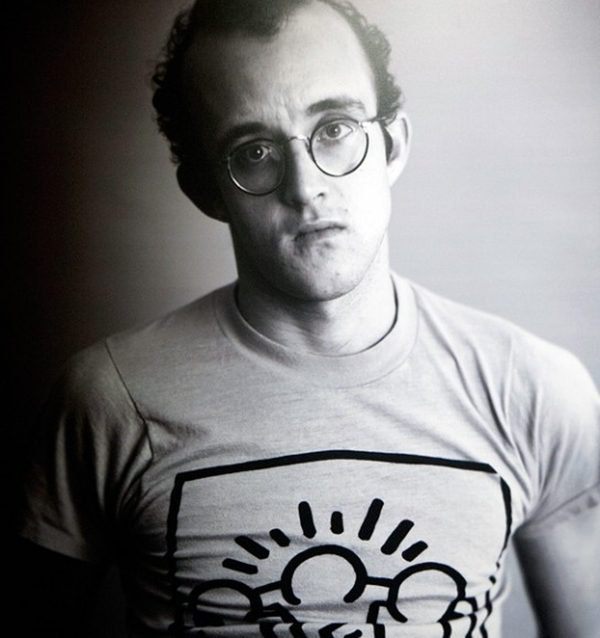Auctions
Keith Haring Foundation Narrowly Evades $40M Lawsuit

Photo: Courtesy Designlovr.net

Brian Boucher

A federal judge has ruled that a decision by the Keith Haring Foundation to label 80 purported Haring works inauthentic does not represent an antitrust conspiracy, reports Courthouse News.
Nine collectors, led by Elizabeth Bilinski, claimed that the foundation improperly ruled that their works were fakes in 2007 without reviewing provenance information, destroying their $40-million collective valuation (see Authenticity Fight Over Keith Haring Paintings Raises Complex Questions).
U.S. District Judge Denise Cote’s 35-page opinion said that the collectors’ theory untenably asserted that “any refusal by an auction house, dealer, or gallery to sell a Haring without authentication by the foundation could be a conspiratorial act.”
The Haring Foundation’s authentication committee was dissolved in 2012 so that the foundation could focus on its charitable activities. The same year, the Andy Warhol Foundation ceased authentication activities in reaction to the exorbitant costs of defending itself against similar lawsuits.
Keith Haring died from AIDS in 1990. He became an art-world sensation after making a splash as a graffiti artist, with his line drawings of cavorting figures becoming a staple on New York’s streets, subways, and even a bathroom (see Keith Haring’s NSFW Bathroom to Reopen in 2015).
His works have fetched millions of dollars at auction, with the current record for a painting at $4.9 million, set at a Sotheby’s New York auction in May 2014, for an untitled painting from 1986. When the suit was filed one year ago, his record stood at $2.8 million. Since then, four of his works have exceeded that price.